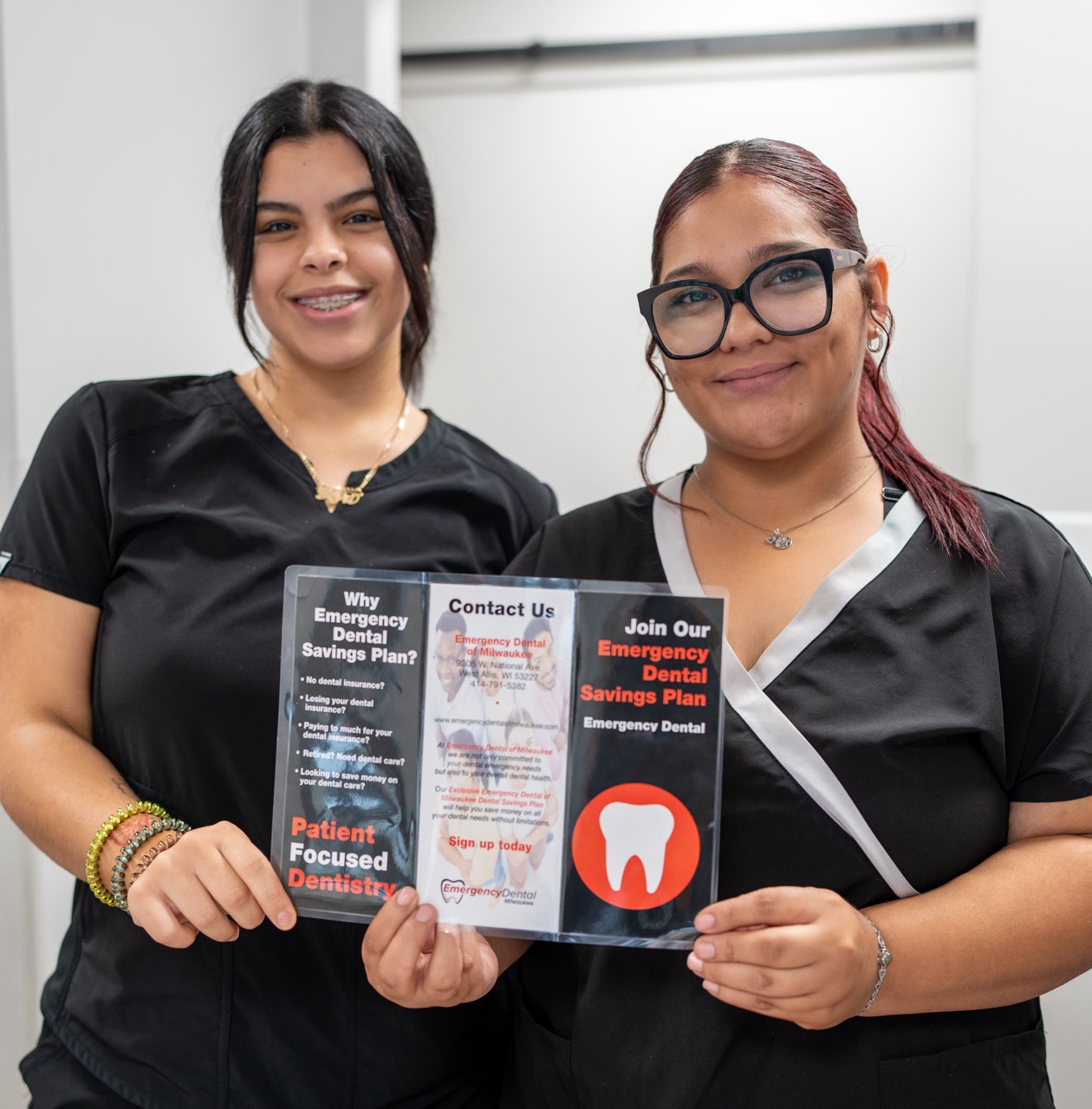Introduction: When to Go to Emergency Dental
Dental emergencies can be both painful and alarming. Knowing when to seek immediate care is essential, whether it’s a sudden toothache, a broken tooth, or an injury to the mouth. Emergency Dental of Colorado Springs is here to provide prompt and effective treatment for your urgent dental needs. This post will help you understand what constitutes a dental emergency, the types of dental pain you might experience, and the steps to take if you need urgent dental care.
Types of Dental Pain: When to Go to Emergency Dental
Dental pain can vary in intensity and origin. Understanding the different types of dental pain can help you determine the severity of your situation and the emergency care you need.
- Toothache: A persistent or severe toothache can indicate an underlying issue such as tooth decay, an abscess, or a crack. If the pain is severe and does not subside with over-the-counter pain relievers, it is essential to seek emergency dental care.
- Sharp Pain: Sharp, stabbing pain when chewing or biting can indicate a cracked tooth or a loose filling. This type of pain should not be ignored, as it can lead to further damage if left untreated.
- Throbbing Pain: A throbbing pain that radiates to the jaw or ear may indicate an infection or an abscess. Infections can spread quickly and should be treated immediately to prevent serious health issues.
- Gum Pain: Pain in the gums can result from gum disease, an abscess, or injury. Immediate dental care is necessary if the pain is accompanied by swelling, bleeding, or pus.
Signs You Need Emergency Dental Care
Recognizing the signs of a dental emergency can help you take swift action and avoid further complications. Here are some indicators that you should seek emergency dental care:
- Severe Toothache: A severe, unrelenting toothache that does not respond to pain medication indicates that you need urgent dental attention.
- Swelling: Swelling in the face, jaw, or gums can indicate an infection or an abscess, requiring prompt treatment.
- Bleeding: Uncontrolled bleeding from the mouth, gums, or a tooth extraction site is a serious issue that needs immediate care.
- Broken or Chipped Tooth: A broken or chipped tooth, especially if accompanied by pain, should be evaluated by a dentist as soon as possible to prevent further damage.
- Knocked-Out Tooth: If a tooth is completely knocked out, it is a dental emergency. If you see a dentist within an hour, quick action can sometimes save the tooth.
- Loose or Missing Dental Work: Loose crowns, fillings, or other dental work can lead to pain and further damage. Seeking emergency care can help restore the dental work and alleviate discomfort.
What to Do in a Dental Emergency: When to Go to Emergency Dental
If you experience a dental emergency, it’s essential to stay calm and take the following steps:
- Call Your Emergency Dentist: Contact Emergency Dental of Colorado Springs immediately to schedule an emergency appointment. Describe your symptoms and follow their instructions.
- Manage Pain: Use over-the-counter pain relievers like ibuprofen to manage pain. Avoid aspirin, as it can increase bleeding.
- Control Swelling: Apply a cold compress to the affected area to reduce swelling and numb the pain.
- Preserve a Knocked-Out Tooth: If a tooth is knocked out, gently rinse it with water, being careful not to touch the root. Place the tooth back in its socket or keep it in a container of milk or saliva until you can see the dentist.
- Avoid Certain Foods: Refrain from eating hard, sticky, or sugary foods that can exacerbate the issue.
Conclusion: When to Go to Emergency Dental
Dental emergencies can happen anytime, and knowing how to respond is crucial. By understanding the types of dental pain and the signs that indicate a need for urgent care, you can take swift action to protect your oral health. Emergency Dental of Colorado Springs provides prompt and effective treatment when you need it most. Don’t hesitate to contact us if you experience a dental emergency.
Stay up-to-date with the latest in dental health and wellness by connecting with us on social media! Follow us on Instagram and Facebook for regular updates, tips, and insights to keep your smile bright and healthy. Join our community today and be a part of our journey towards better oral health. Thank you for reading “When to go to Emergency Dental”
FAQs: When to Go to Emergency Dental
Q: What constitutes a dental emergency?
A: A dental emergency includes severe toothache, swelling, uncontrolled bleeding, broken or knocked-out teeth, and loose or missing dental work.
Q: How can I manage pain while waiting for emergency care?
A: Use over-the-counter pain relievers like ibuprofen, apply a cold compress, and avoid eating hard or sticky foods.
Q: Can a knocked-out tooth be saved?
A: Yes, if you see a dentist within an hour and the tooth is properly preserved, there’s a chance it can be re-implanted.
Q: What should I do if my dental work becomes loose or falls out?
A: Contact your emergency dentist immediately to schedule an appointment and avoid eating hard or sticky foods that could cause further damage.
For more information or to schedule an emergency appointment, contact Emergency Dental of Colorado Springs today.

